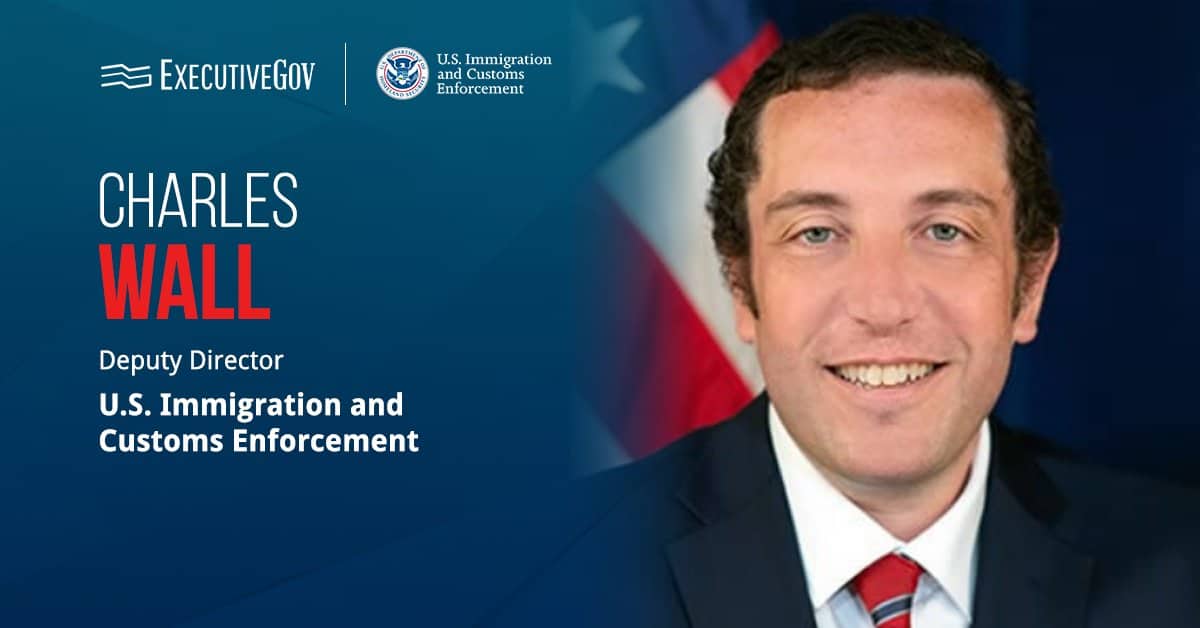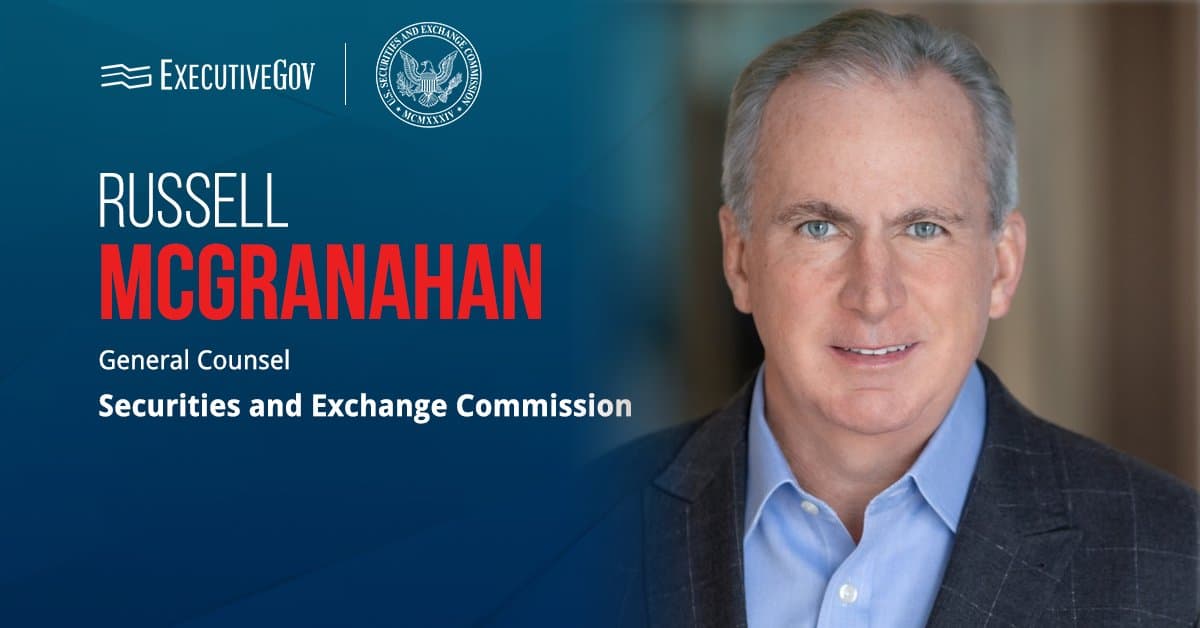The National Oceanic and Atmospheric Administration (NOAA) has been housing larger amounts of data as it continues to employ artificial intelligence to inform weather forecasts, Federal News Network reported Tuesday.
Jamese Sims, NOAA's senior science adviser for AI, said the agency uses the technology to set physical parameters for prediction models and analyze associated errors.
About 200 of NOAA's projects use AI across research and operational activities. NOAA currently uses supercomputers to store the corresponding workload but considers turning to cloud technology in anticipation of AI's further development.
The agency's National Centers for Environmental Information stores 37 petabytes of data on geophysical, oceanographic and coastal observation.
“We need to better understand what data is actually needed, as we talk about using AI more across the agency,” Sims said.





